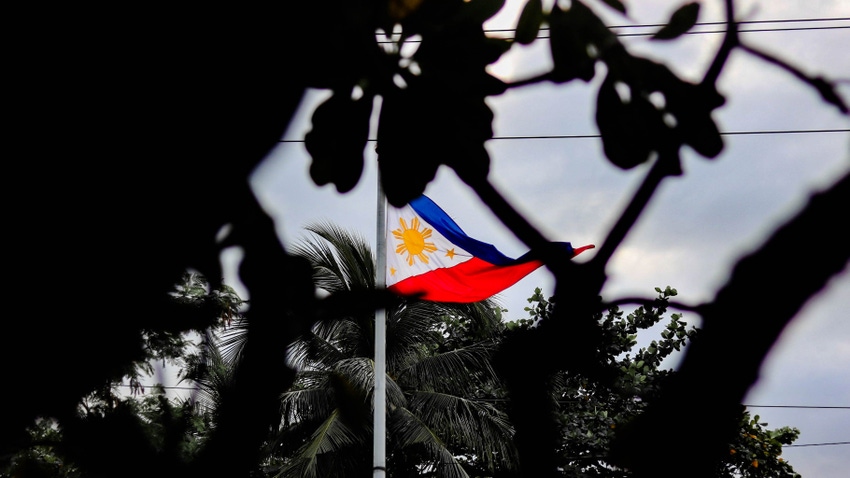World Bank calls on 'outlier' Philippines to reform broadband
World Bank and NEDA call for end to dual licensing in the Philippines to ease burden on operators and boost broadband investment.

The Philippines' government is facing calls to introduce telecom reforms to close the gap in broadband connectivity, one of the worst in the region.
The World Bank says the Philippines is "an outlier" among ASEAN nations in its neighborhood, with only a third of households enjoying access to fixed broadband, and just 70% of the population having an active mobile broadband subscription.
"Both figures are well below the ASEAN averages of 41% and 101%, respectively," the bank said in a research note, adding that the Philippines accounted for more than half of the ASEAN population that is not connected to mobile broadband.
Philippines broadband is also more expensive than its neighbors', World Bank researchers said. The annual charge for fixed broadband costs 11% of per capita income, twice the ASEAN average, while mobile broadband costs 1.5 times the ASEAN average.
The Philippines is one of the worst performers in the bank’s global affordability index. It was the only ASEAN country not to improve over a four-year period and of the 57 developing nations tracked ranked ahead of only Nicaragua, Venezuela, Haiti and Sudan.
Subscription numbers from the two big operators, PLDT and Globe, show that Philippines fixed-line broadband is growing slowly as they expand their fiber footprint but, incredibly for an archipelago country with a large rural population, they are bleeding FWA subscribers.
Heavier fiber investment
At September 30, PLDT, the biggest fixed-line provider, had 3.69 million broadband subscriptions, of which 3.28 million were wireline (up 1% since the start of the year) and 409,289 FWA (down 45%).
Globe Telecom's Q4 filing did not break out its wireline and FWA subs, but said home broadband subscriptions total had fallen 32% to 1.8 million in 2023.
Analyst firm ABI Research said the plunging FWA numbers are partly the result of the greater investment in fiber, which has driven greater adoption, and the heavier investment in 5G following the divestment of mobile towers. It's also being affected by the growing number of satellite broadband options.
But it's not only the World Bank calling for change. The Philippines National Economic and Development Authority (NEDA) backed the bank's key proposals, including the call for the elimination of the unique dual-licensing requirement, where telecom operators must be licensed by both the Congress and the industry regulator.
"The mandate to secure licenses from both Congress and the regulator introduces an increased administrative and financial burden, particularly affecting new and smaller market entrants," NEDA said.
The agency proposes stronger regulatory oversight and transparency in interconnection processes to help level the playing field, and said the National Telecommunications Commission should be empowered to mandate interconnection access by the larger operators.
In a statement to Light Reading, Globe Telecom said the World Bank report had not acknowledged the entry of new operators into the market that had watered down the former duopoly.
But it said it looked forward to rule changes to remove barriers to connectivity, such as changes to the building code to make telecom services mandatory for new housing developments, and the removal of lease charges on in-building solutions, "for which building owners and developers charge telcos in the millions annually."
Read more about:
AsiaAbout the Author(s)
You May Also Like












